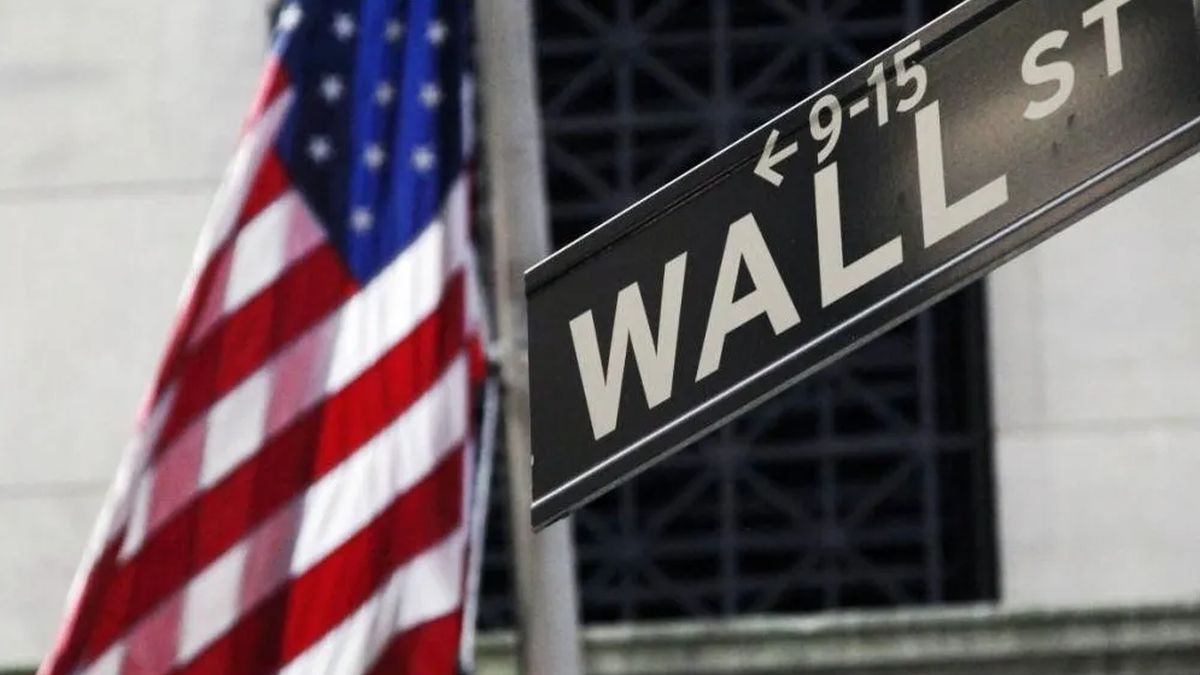The only promotions of the day were starred by View (+ 4.2%); Edenor (+ 3.9%); Telecom (+ 0.6%); and Bioceres (+ 0.1%).
As has happened in the last post 14-N wheels, the weakness of domestic assets deepened as traders do not find “drivers” to promote even tactical bets, such as those mainly oriented to “trading” that frequently focus on ADRs from the penalized valuations.
“Attention is focused on the political signals and on the presentation of the ¨Multiannual economic plan¨, since reaching consensus among the main forces would be essential in seeking to move towards an agreement with the IMF”, commented the economist Gustavo Ber.
The Argentine markets remained closed this Monday for a national holiday and will resume activity at normal hours this Tuesday.
BYMA’s S&P Merval Index lost 4.3% to 85,695.15 units on Friday. In this way, the leading panel accumulated a drop of 9.8% last week, that is, the worst performance in pesos since the end of October 2020. Measured in dollars, it sharply cut all the increase achieved in the last month and returned to levels prior to PASO, falling 10.2% (measured with the average CCL of ADRs).
“It gave the sensation that the market lost a good part of the optimistic expectations that it had been offering since the beginning of the month and was supported by the doubts that remain in the face of the variety of post-election scenarios, with a volatility in the prices that continues to be a protagonist of the scene“, said Javier Rava, director of Rava Bursatil.
After knowing the electoral result, the president Alberto Fernández said that “in the first week of December we will send a bill that specifies the multi-year economic program” within the framework of a lengthy debt negotiation with the Fund.
Doubts about the near future of the economy were reflected in a sharp fall in share prices, a high country risk and a persistent dollarization of portfolios that pressured the exchange market. Last week the BCRA maintained its selling position: it registered a negative balance of US $ 117 million.
“The negative sentiment in the local market persists. The macro challenges to be faced in the coming months are not minor”said an agent. Added that “The pressures in the exchange rate and the disorder in the monetary field demand economic measures and until such time as an economic path is defined that orders the macro, it is difficult to begin to see a sustained change in the trend in prices.”
From Personal Portfolio, in turn, they remarked that “The electoral result increased optimism for 2023 and defined a new political map within Congress with power distributed among the different political forces. However, the political and economic uncertainty did not dissipate.”
Bonds and Country Risk
In the fixed income segment, and like stocks, dollar bonds prolonged the adverse climate in New York and fell around 1.5%.
Meanwhile, the Country Risk -prepared by the JP Morgan bank-, increased 1.7% to 1,780 basis points, and renewed its all-time high since the debt swap in 2020. This is a very high level that clearly reflects the distrust of investors both in reaching an agreement with the IMF and in the subsequent fulfillment of commitments.
Source From: Ambito
David William is a talented author who has made a name for himself in the world of writing. He is a professional author who writes on a wide range of topics, from general interest to opinion news. David is currently working as a writer at 24 hours worlds where he brings his unique perspective and in-depth research to his articles, making them both informative and engaging.




